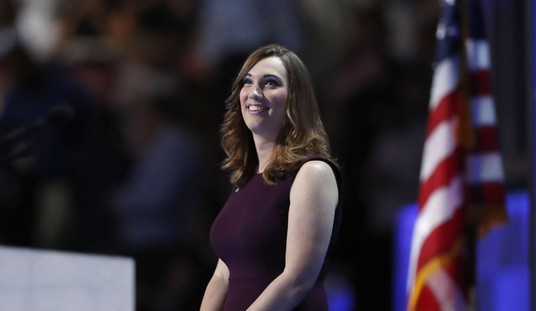Fred Barnes makes several compelling points about why presidental debates are useless for learning anything substantial about a presidental candidate:
Recall what proved to be significant in nationally televised debates since the first ones in 1960 between John F. Kennedy and Richard Nixon. We learned that Nixon should have shaved to avoid a 5
o’clock shadow. Then, after a hiatus of 16 years with no debates, we marveled at President Ford’s comment that Eastern Europe wasn’t under the domination of the Soviet Union. We knew what Ford really meant, simply that in their hearts Eastern Europeans were not Soviet pawns and instead yearned for freedom. Yet the media made a huge issue out of Ford’s misstatement as if he’d told (and believed) a whopper.
Jump to 1984. President Reagan was a zombie in the first debate with Walter Mondale, raising doubts about his age. But in debate number two, Reagan opened with a one-liner about refusing to exploit Mondale’s youth and inexperience. Bingo! The press and the political community instantly declared the race over. Yes, Reagan would have won reelection anyway, but should a one-liner be a major factor in the deciding the outcome? Of course not.
In 1988, Michael Dukakis was the victim of a sound bite played over and over on TV. It showed his unemotional answer to a question about his reaction if his wife were raped and murdered. Again, an issue–the death penalty–was trivialized and a candidate presented unfairly. In 1992, the first president Bush famously checked his watch in a debate. The tape of that was broadcast endlessly and it made Bush look impatient and frivolous. In 2000, Vice President Gore sighed in the first debate with George W. Bush. Okay, that was a truly revealing moment in which we saw the real Gore. But, the point is there have been few such stolen moments in presidential debates.
Now think about a few presidents who served before the advent of televised debates–George Washington, James Madison, Andrew Jackson, Ulysses Grant, William McKinley, Lyndon Johnson, Dwight Eisenhower. I doubt if any of them would have fared well in a debate. Washington was too aloof, Madison too short. Jackson had a hair-trigger temper. Grant was a great writer but not as good a talker. Up against William Jennings Bryan, McKinley would have been overpowered. Johnson talked too slowly and Ike had trouble putting together a sentence with a subject and verb in the right place. All of them would have lost debates and maybe the presidency. Yet most were presidents of great merit.
Another worthwhile test of the value of debates is to consider the 1964, 1968, and 1972 presidential campaigns, the ones with no debates. Were the issues clearly drawn in those campaigns? Yes. Were the differences between the candidates clear? For sure. Did we manage to get insights into the character of the candidates? I think so.
I’m sold–but then I was a long time ago.
Given President Bush’s unspoken war against the leftwing legacy media (and vice-versa), I’m kind of surprised he didn’t choose to use this campaign to say “no mas” to the debates.










Join the conversation as a VIP Member